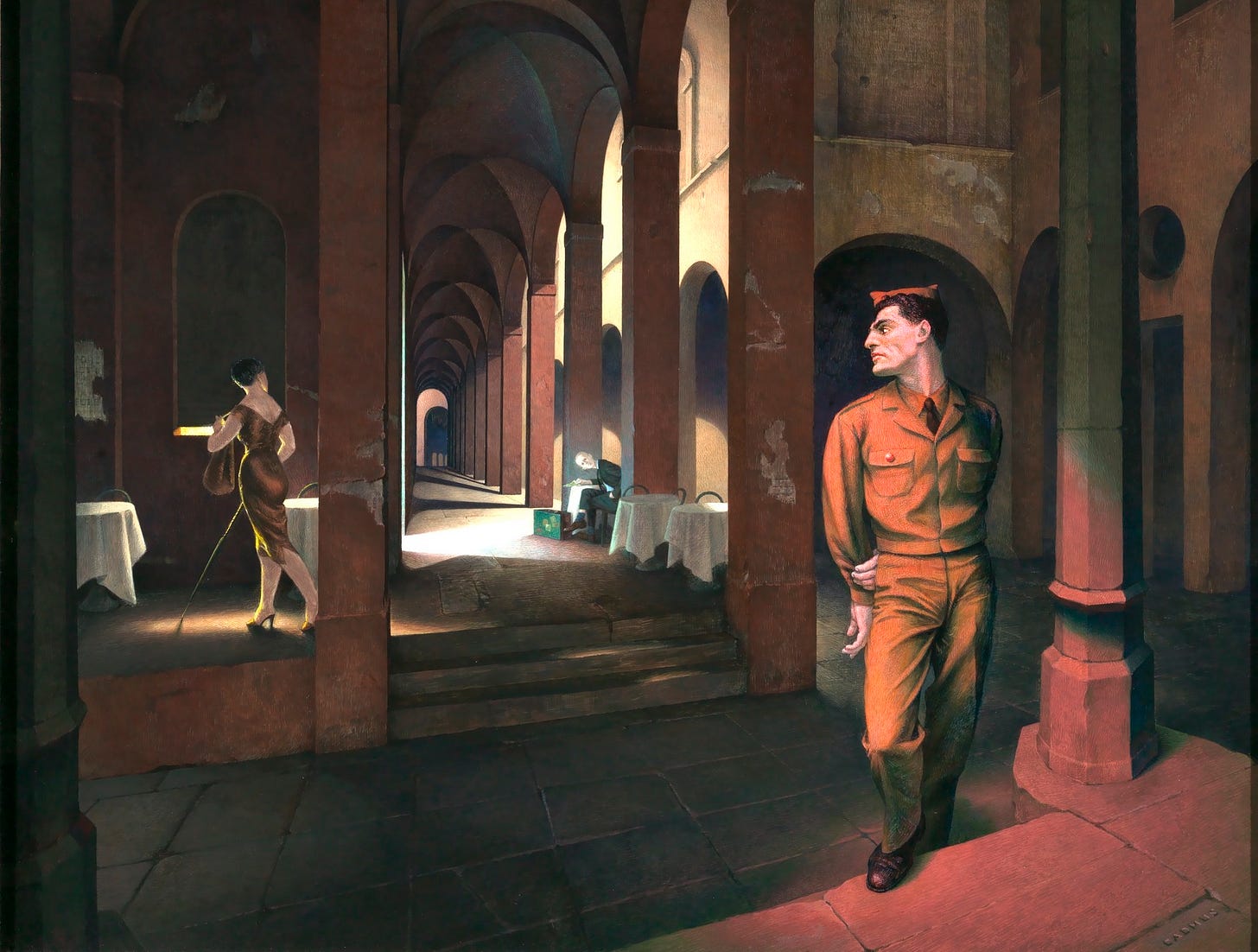
The image tells the story. The poem offers silence. The joke reveals the wound. This week at Public Seminar, our contributors explore how journalists, novelists, filmmakers, and poets use their different forms to document and challenge atrocities.
Alexander Sorondo unpacks secrets and violence in two new books by Joyce Carol Oates. Aditi Bhattacharjee traces the lost history of Chinese migrant railroad workers in poet Paisley Rekdal’s West. Benoit Challand reviews The Killing of Gaza and Gideon Levy’s “powerful critique of the regime,” while [Name withheld] returns to Jonathan Glazer’s Zone of Interest as a lens for looking at Israel’s war on Gaza.
And Emma Minor reads Camille Bordas’s novel The Material and wonders what injuries artists are willing suffer for the sake of entertainment.
On The Killing of Gaza: Reports on a Catastrophe
Benoit Challand
[Gideon] Levy has been writing for Haaretz for 42 years. Much of that time has been spent covering the occupation of the Gaza Strip and the West Bank, a process that started 30 years ago, when Yasser Arafat returned to Gaza to establish the Palestinian National Authority. Although he reports from Tel Aviv, Levy has cultivated an important network of Palestinian interlocutors in Gaza, often through fixers and translators, and he gives ample space for Palestinians to speak for themselves. His new book is a collection of articles written since 2014, and focuses mostly on Gaza, in order to better understand October 7, 2023, and its aftermaths.
Why It’s Hard to Write About Joyce Carol Oates
Alexander Sorondo
Butcher is an out-and-out horror novel, and Oates is clearly enjoying the trappings of genre. Yet the book’s horror is only partly gore for gore’s sake. As in her fiction at large, in which certain story elements regularly recur—joggers, academic settings, cerebral and slight-framed women with morbid fascinations, and, as in this novel, violence—familiar tropes don’t feel redundant, as they might in another author’s toolkit, because Oates uses the novel as a grounds for exploring the inner lives of others, rather than revealing her own.
Poet Paisley Rekdal Summons the Lost Voices of Chinese Railroad Workers
Aditi Bhattacharjee
West, From From, and Just Us all inspect the harms of American racial politics and the possibility of allyship and community. In West: A Translation, Rekdal notes that the Irish accepted higher wages and lodging for the same work done by Chinese laborers. But protecting only our own ethnic community doesn’t ultimately mean we’re better off. In the essay “Miss Home” Rekdal notes that Union Pacific Coal Company solidified its position by keeping an active wage competition going, driving down earnings for all workers.



